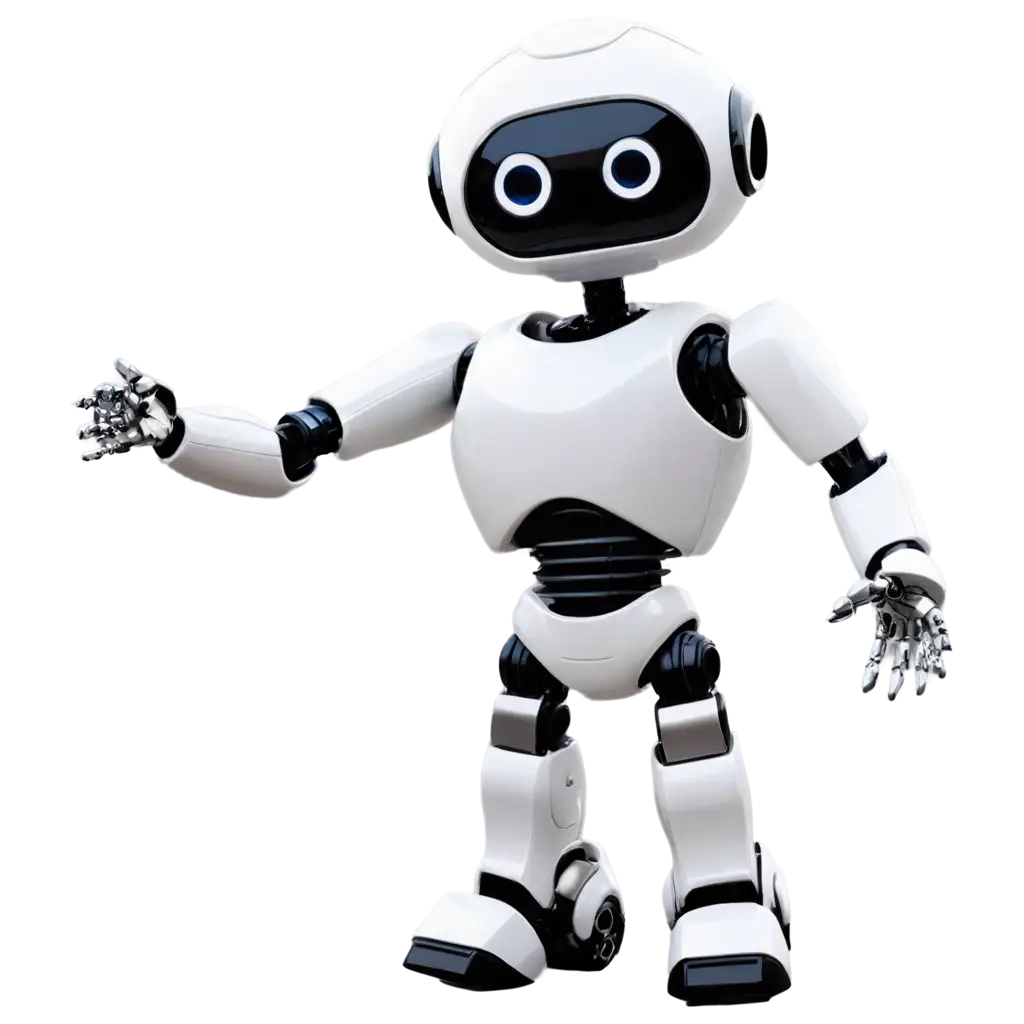Would You Trust AI to Craft Your Brand’s Voice?
Branding is everything.
A company’s voice sets the tone for how customers perceive its personality, values, and trustworthiness. With the rise of AI-generated content, many marketers are wondering
can AI truly capture and represent a brand’s unique voice? Can it replace human creativity, or does it fall flat?

To explore this, I compared AI-generated brand messaging to content created by human marketing teams. I analyzed where AI excels, where it struggles, and how businesses can strategically incorporate AI into their branding efforts.
AI vs. Human Creativity in Brand Messaging
Marketing blends psychology, storytelling, and strategy to craft compelling narratives, but AI tools are changing the game. They generate ad copy, product descriptions, email campaigns, and even social media captions in seconds. The question is—
does AI content sound human, or does it read like a robotic imitation?
1. AI is Fast, But Can It Be Authentic?
AI-generated content can produce blog posts, social media updates, and ad copy almost instantly. It can analyze vast amounts of data, identify trends, and tailor messaging to specific audiences. However, authenticity is a major challenge. Take this example:
AI-generated: “Unlock the future of finance with our revolutionary banking app—seamless, secure, and built for you!”
Human-created: “Tired of hidden fees and confusing banking? We built an app that puts you first—transparent, easy, and designed for real life.”
The AI-generated message sounds polished, but the human-written one feels genuine. Humans provide personality, humor, and emotional nuance in ways AI struggles to replicate.
AI Strengths: Speed, efficiency, personalization at scale AI Weaknesses: Lacks emotional depth, struggles with nuance and cultural context
2. Can AI Capture Brand Identity?
A strong brand voice is more than just words, it’s about consistency and emotional connection. Humans understand cultural shifts, inside jokes, and subtle cues that shape brand personality. AI, on the other hand, relies on pre-existing data and patterns. For example, Wendy’s Twitter is famous for its witty, sarcastic tone. Could AI replicate it?
Wendy’s human-driven tweet: “When your friend says they love frozen beef but still wanna be friends. 😒”
AI-generated version: “Fresh is better. Why settle for frozen beef when you can have quality? #BetterChoices”
The AI version is grammatically correct, but it lacks the humor and attitude that make Wendy’s voice so distinct.
AI Strengths: Can maintain stylistic consistency based on training data AI Weaknesses: Struggles with humor, sarcasm, and real-time cultural references
3. Where AI Helps: Data-Driven Personalization
One area where AI shines is in personalization. AI can analyze customer data to generate dynamic, personalized marketing messages at scale. Take this example of AI tailored email subject lines based on a user’s past purchases.
Human-written: “New arrivals you’ll love!” AI: “Hey Sarah, your favorite running shoes just got a new color!”
AI excels at optimizing messaging for different audiences, ensuring relevancy and engagement.
AI Strengths: Hyper-personalization, data-driven targeting AI Weaknesses: Lacks original creative insight
How Brands Can Effectively Use AI in Marketing
AI shouldn’t replace human marketers, rather it should enhance their work. Here’s how brands can incorporate AI effectively:
- Use AI for data-driven insights: Let AI analyze audience behavior, but let humans interpret it creatively.
- Automate repetitive tasks: AI can draft first-pass content, while humans refine and personalize it.
- Test and optimize with AI: Use AI for A/B testing and predictive analytics to improve messaging.
- Maintain a human touch: Let AI suggest content, but ensure human oversight for authenticity and emotional impact.
Would I Trust AI to Craft a Brand’s Voice?

Not entirely, but I’d use it as a tool. AI is a useful asset for efficiency, data-driven insights, and personalization, but it lacks the emotional intelligence and creative intuition of human marketers. The best approach is a hybrid model, where AI handles automation and insights while humans bring creativity, cultural awareness, and brand personality.